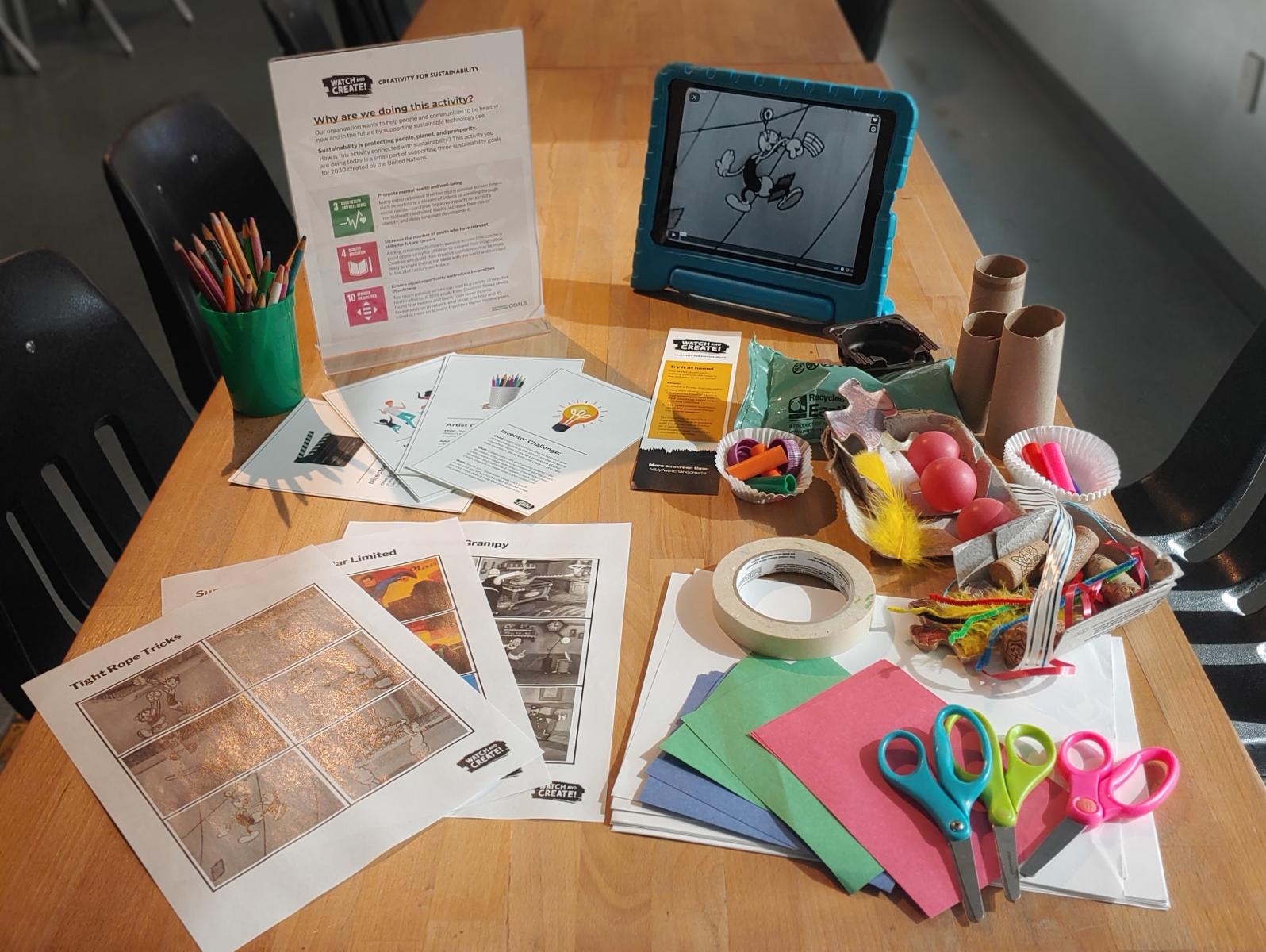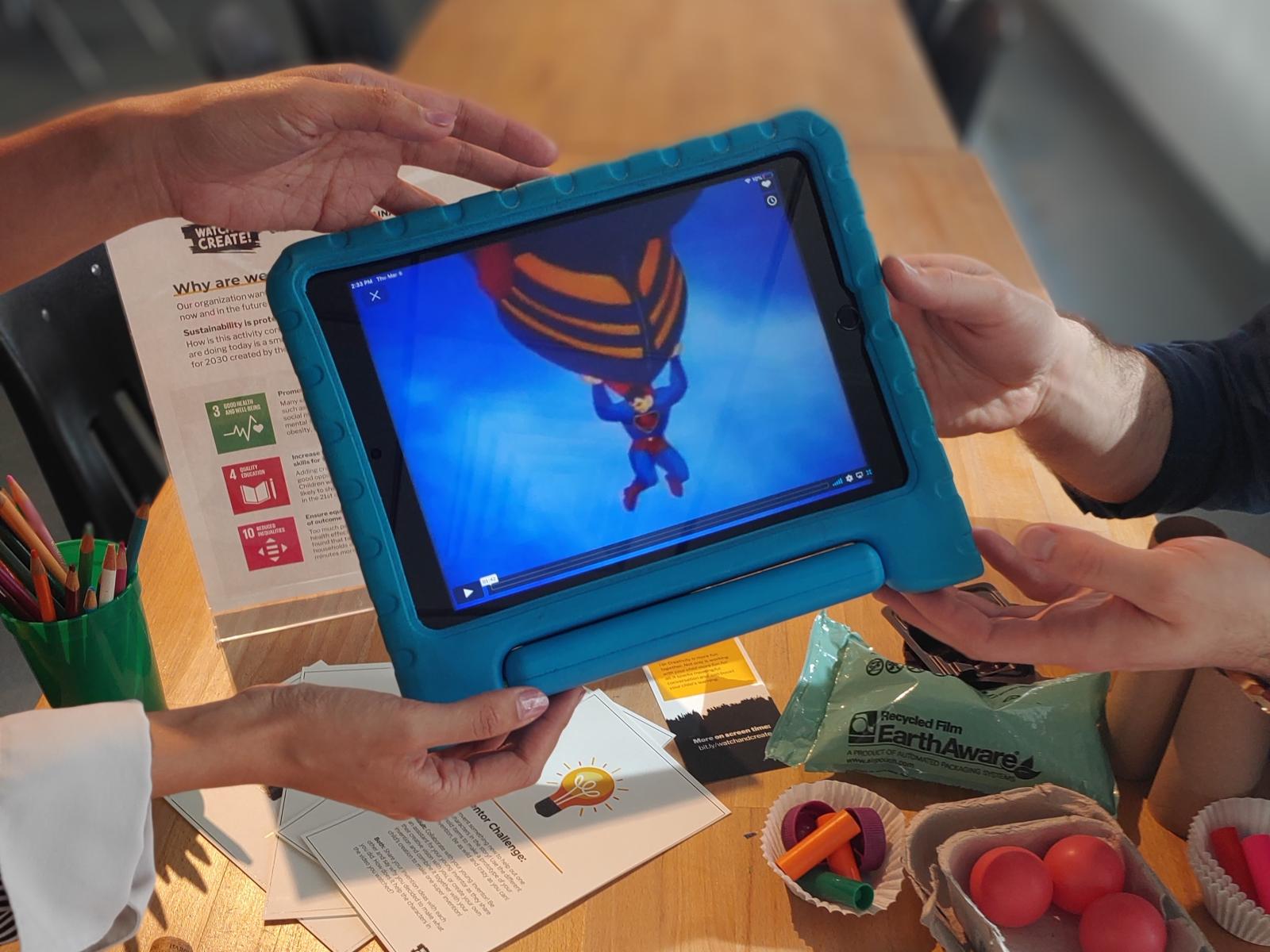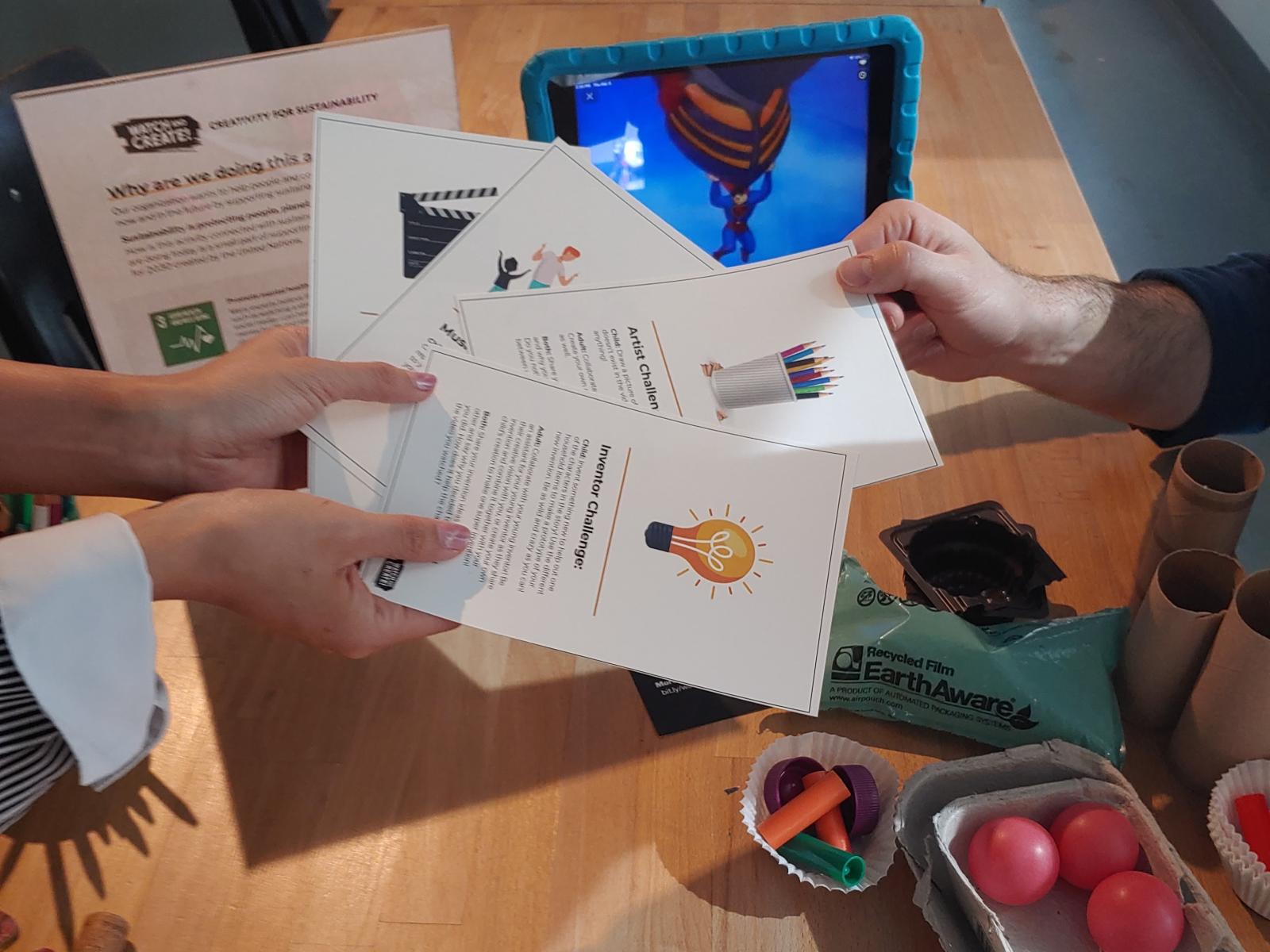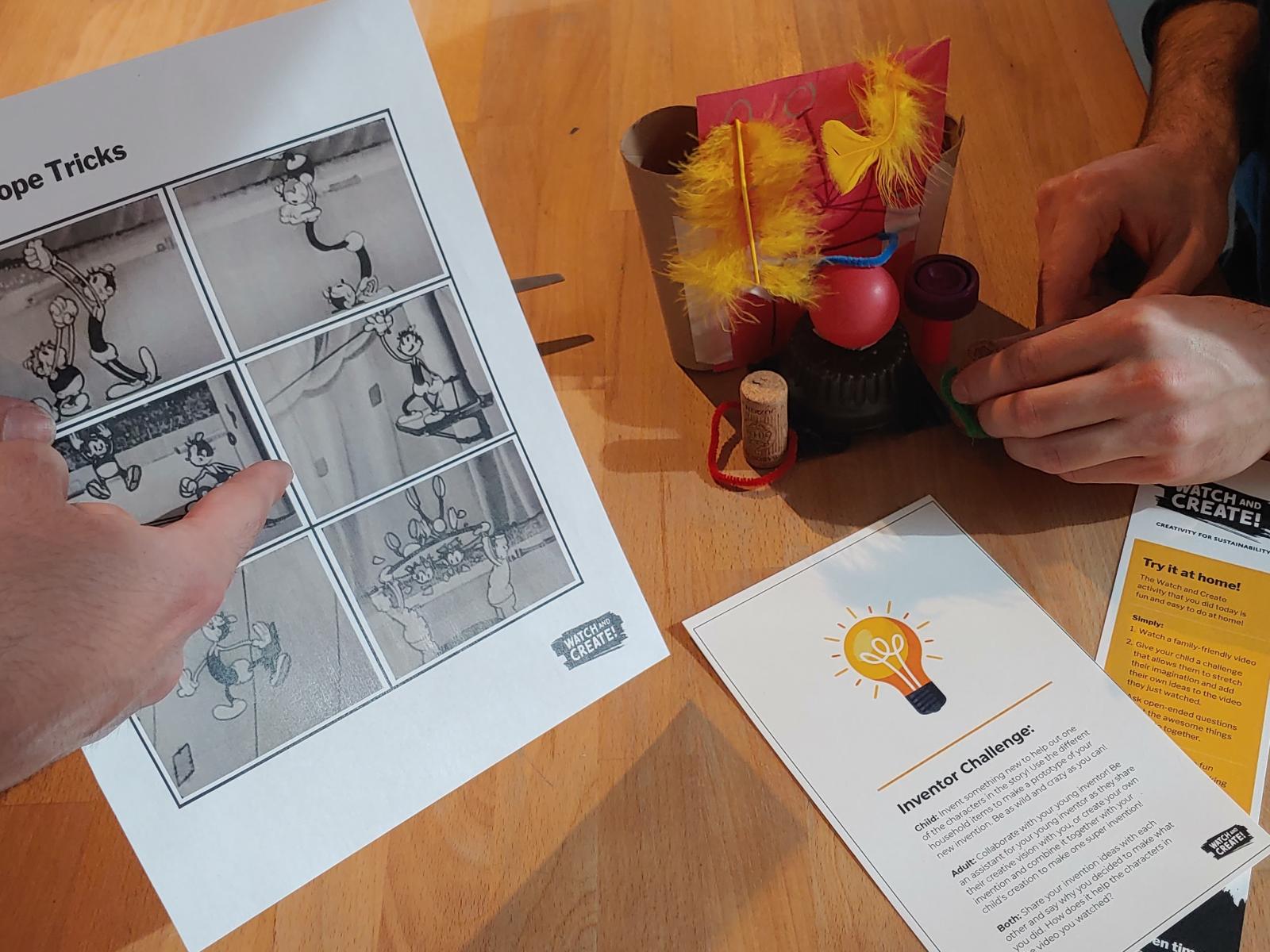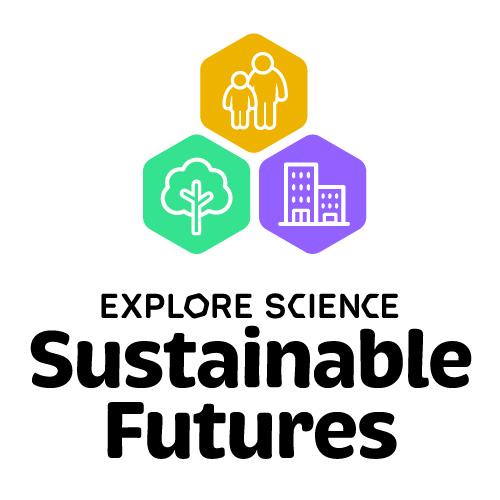DESCRIPTION
In this activity, children and adults work together to explore their relationship with technology and examine ways to make sustainable media consumption choices.
Participants watch a short clip of a cartoon, then try a creative challenge to turn time spent watching videos into an interactive and imaginative experience—at the museum or home.
Suitable for groups with children ages 4+
More on screen time
DESCRIPTION
In this activity, children and adults work together to explore their relationship with technology and examine ways to make sustainable media consumption choices.
Participants watch a short clip of a cartoon, then try a creative challenge to turn time spent watching videos into an interactive and imaginative experience—at the museum or home.
Suitable for groups with children ages 4+
More on screen time
TRAINING VIDEOS
OBJECTIVES
BIG IDEA
- Sustainability means healthy people, communities, and environments, now and in the future.
- Sustainability practices can be incorporated into everyday situations and scenarios.
- We can work together to create a sustainable future. Everyone has a part to play.
LEARNING GOALS
As a result of participating in this program, learners will increase their:
- Understanding of big ideas related to sustainable futures.
- Awareness of the ways that sustainability is relevant to their lives and issues they care about.
- Sense of self-efficacy related to sustainability, including their ability to take sustainable actions and participate in conversations about sustainable futures.
- Awareness that too much passive screen time, like watching videos or scrolling through social media feeds, can have a negative impact on children’s health.
- Awareness of creativity as one strategy to improve the cognitive complexity of passive activities for children.
- Understanding that creativity is a beneficial skill that both caregivers and children can practice together.
Credits
Children's Creativity Museum, San Francisco
The Rob and Melani Walton Sustainability in Science and Technology Museums program is supported through funding from The Rob and Melani Walton Foundation.
Creative Commons Attribution Non-Commercial Share Alike 3.0 United States (CC BY-NC-SA 3.0 US).
View more details

NISE Network products are developed through an iterative collaborative process that includes scientific review, peer review, and visitor evaluation in accordance with an inclusive audiences approach. Products are designed to be easily edited and adapted for different audiences under a Creative Commons Attribution Non-Commercial Share Alike license. To learn more, visit our Development Process page.

